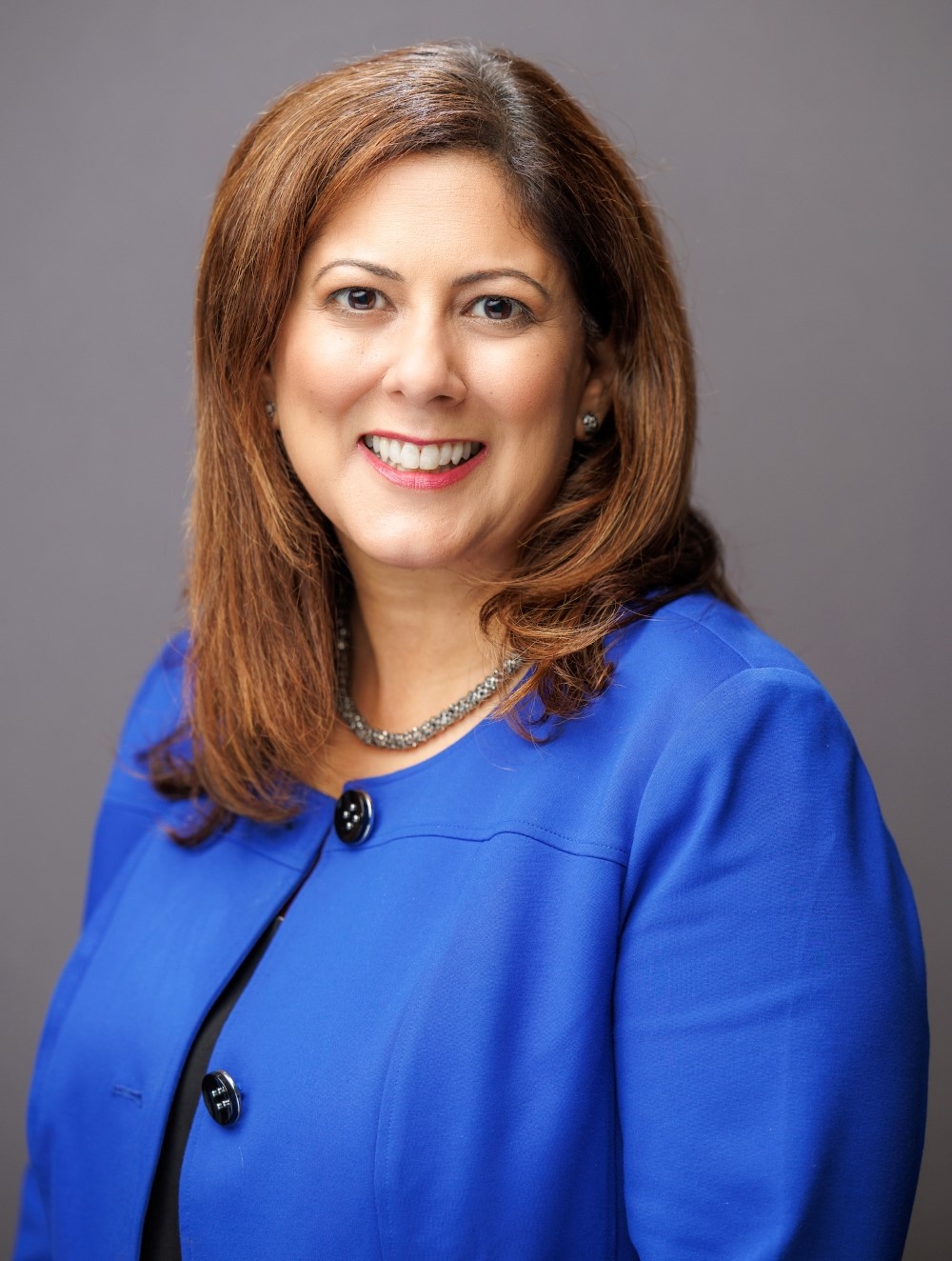Charu Thakral named interim vice chancellor for diversity, equity and engagement
x

UIC Chancellor Marie Lynn Miranda recently announced that Charu Thakral, PhD, will serve as interim vice chancellor for diversity, equity and engagement starting January 10.
“I am committed to continuing the work of this office, moving initiatives forward to serve the campus during this transition period,” Thakral stated. “The UIC community deserves support and guidance in intergroup differences as we prepare for a national search. Utilizing the expertise on this campus–especially our exceptional staff, faculty and student body–we can respond with supportive programming, dialogues and other efforts to engage one another in perspective-taking and empathy building, enabling us to treat each other with dignity, fairness and respect.”
Dr. Thakral has served as UIC’s Executive Associate Vice Chancellor for Diversity, Equity and Engagement and has been with the UIC Office of Diversity since its founding. She was hired in 2009 to work with campus leadership to drive a bottom-up diversity strategic thinking and planning process that engaged the entire campus (academic and non-academic units) and resulted in the creation of UIC’s first Diversity Strategic Plan that shaped the initial organizational model for the office of diversity. Dr. Thakral has served in several leadership positions at UIC, including twice as interim vice provost and associate chancellor.
Dr. Thakral oversees campus wide diversity education, including the development of evidence-based workshops and trainings for students, faculty and staff. In 2009, she launched the UIC Dialogue Initiative, for which she developed credit-bearing courses and workshops designed to analyze and understand social conflict, intergroup relations and issues of diversity and social justice. She garnered national attention for the development of UIC’s first-year dialogue seminar, a course that increased opportunities to interact with difference and diversity on campus. Across the health science colleges, she worked closely for nearly a decade with faculty and leadership from the UIC Vice Chancellor for Health Affairs (VCHA) to apply principles of intergroup relations theory and pedagogy to the interprofessional education program now offered to over 1300 students at all six UIC campuses.
Thakral also co-led the development and implementation of the Inclusive Education Scholars Certificate Program with UIC’s Center for the Advancement of Teaching Excellence (CATE). This campus initiative supports faculty and staff educators, building capacity to implement inclusive and equity-minded teaching practices. This program has been recognized through its inclusion in the campus promotion and tenure process. Most recently, she has been awarded funding through the National Science Foundation and Howard Hughes Medical Institute as principal and co-principal investigator, researching institutional change efforts and inclusive teaching in STEM.
Thakral’s training as a counseling psychologist specializing in multicultural theory and competence and her significant contributions to the field have been recognized through Loyola University’s School of Education Distinguished Alumni Award, UIC’s Award of Merit and the Chancellor’s Academic Professional Excellence Award. She has provided expertise in areas of diversity, equity and inclusion through consultation with numerous organizations, including the Obama Foundation, United States Department of Agriculture, Midwest AIDS Training and Education Center and institutions of higher education across the country.
Thakral affirmed: “I am aware that I am walking in during a highly charged moment, within the context of societal conflicts, threats to DEI efforts and freedom of expression. Given my areas of expertise, I see the numerous opportunities within UIC to leverage our diversity, to help our community better identify its unique challenges, and understand the common ground related to experiences and conflicts across groups. Having been part of this institution for 18 years, I am confident that despite these threats, UIC can continue to persist and advance inclusive excellence in higher education.”